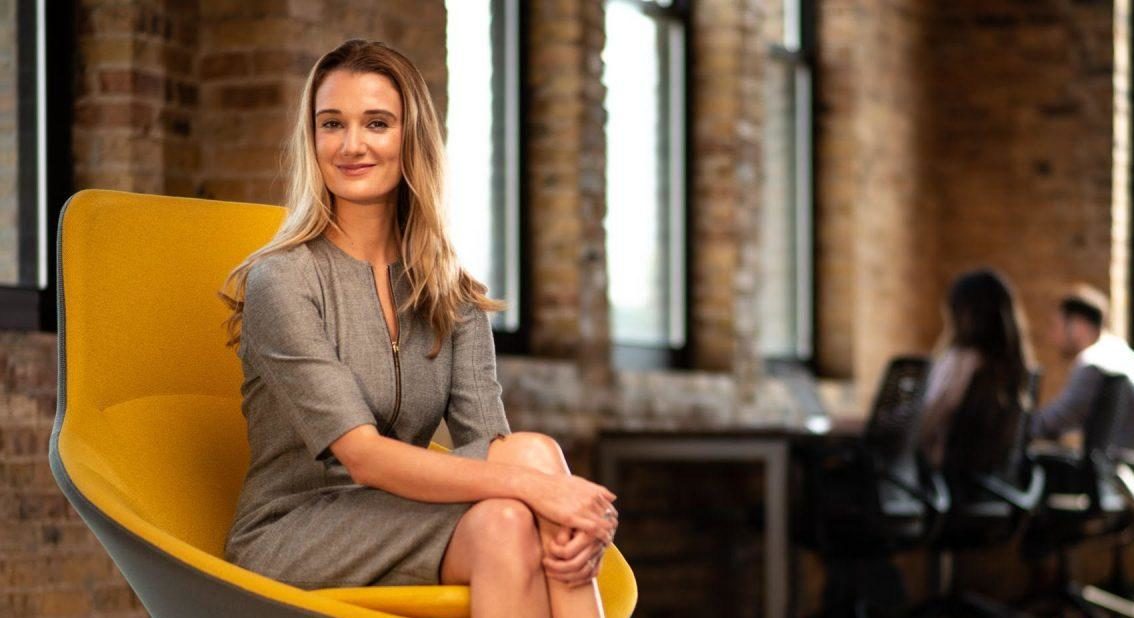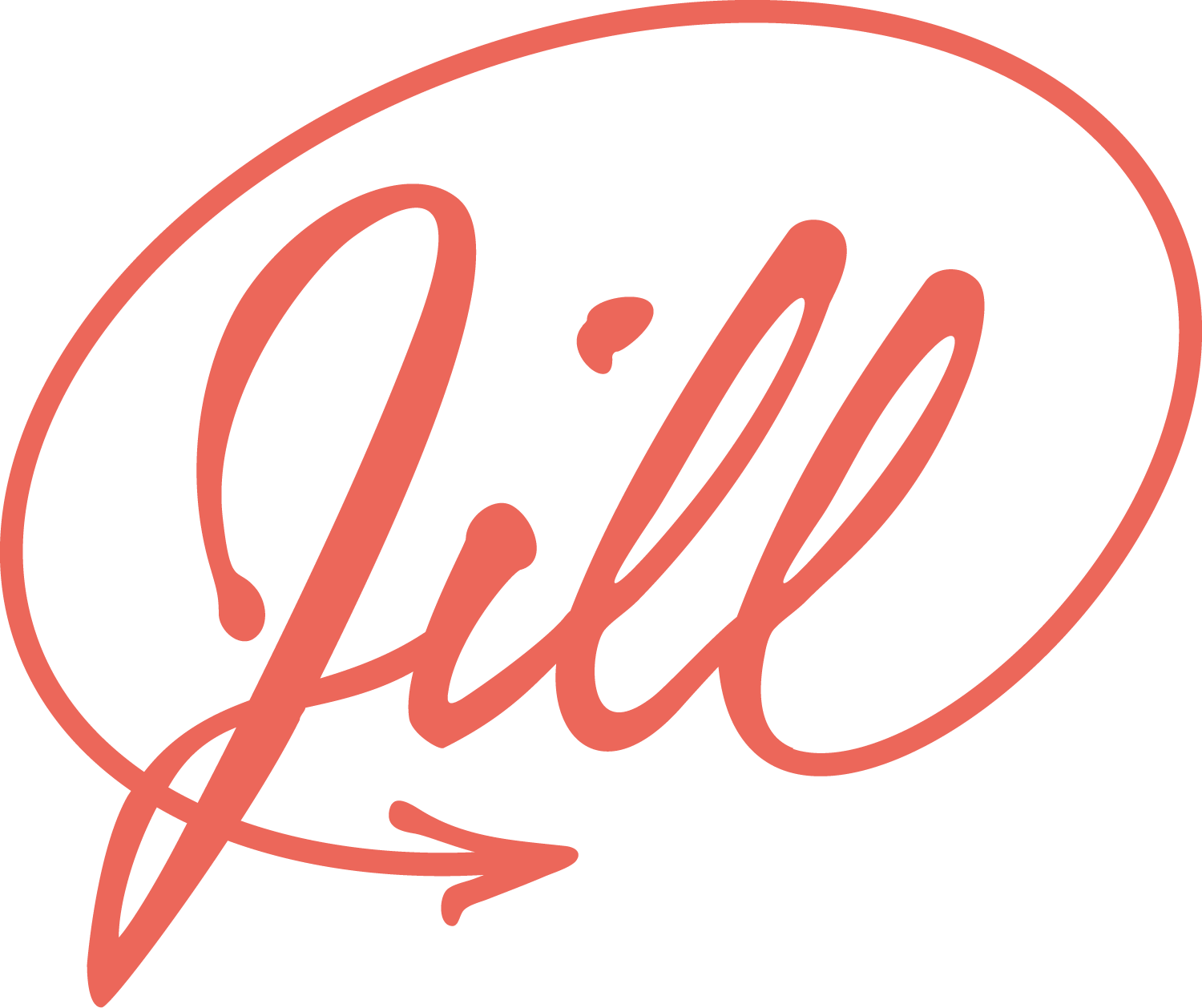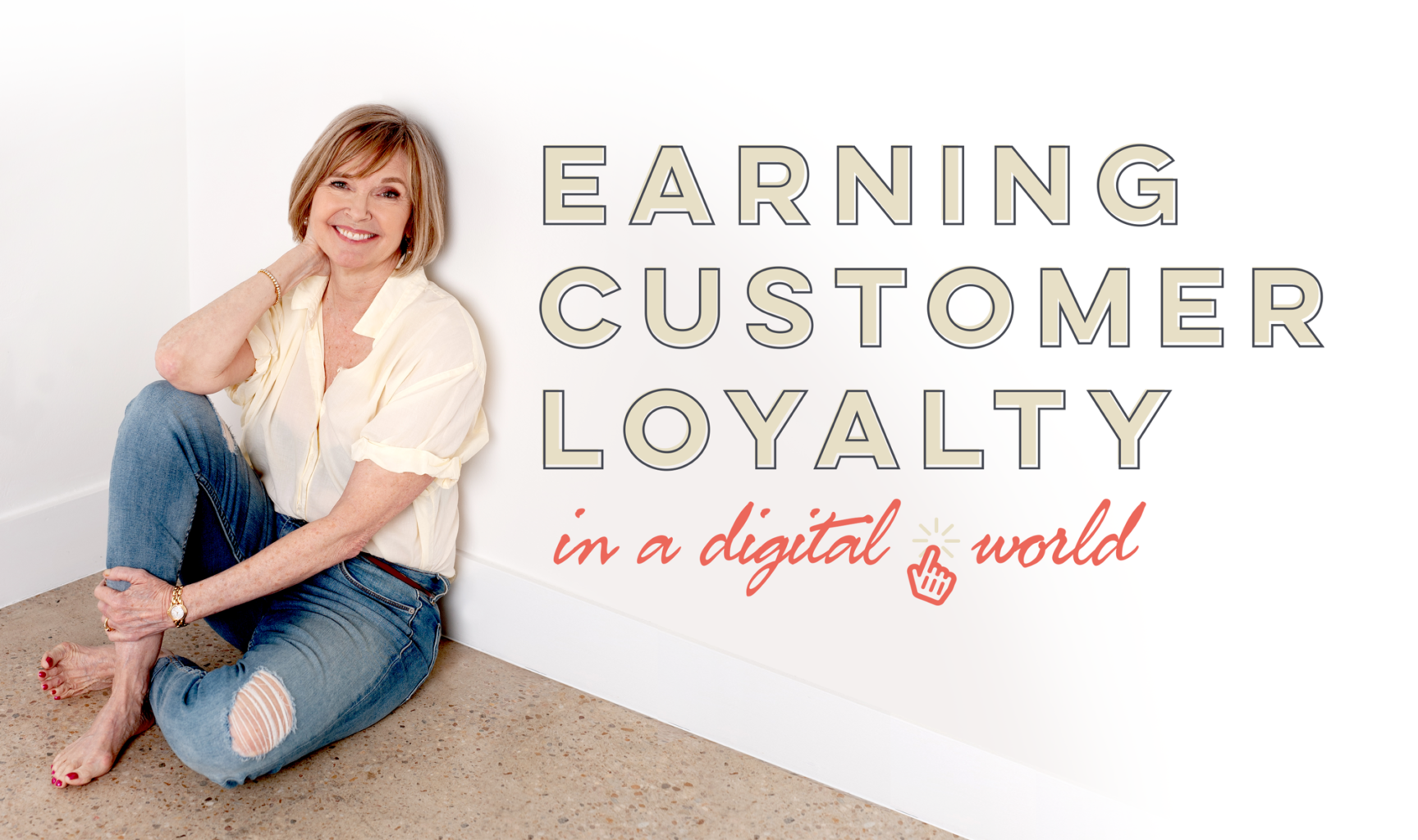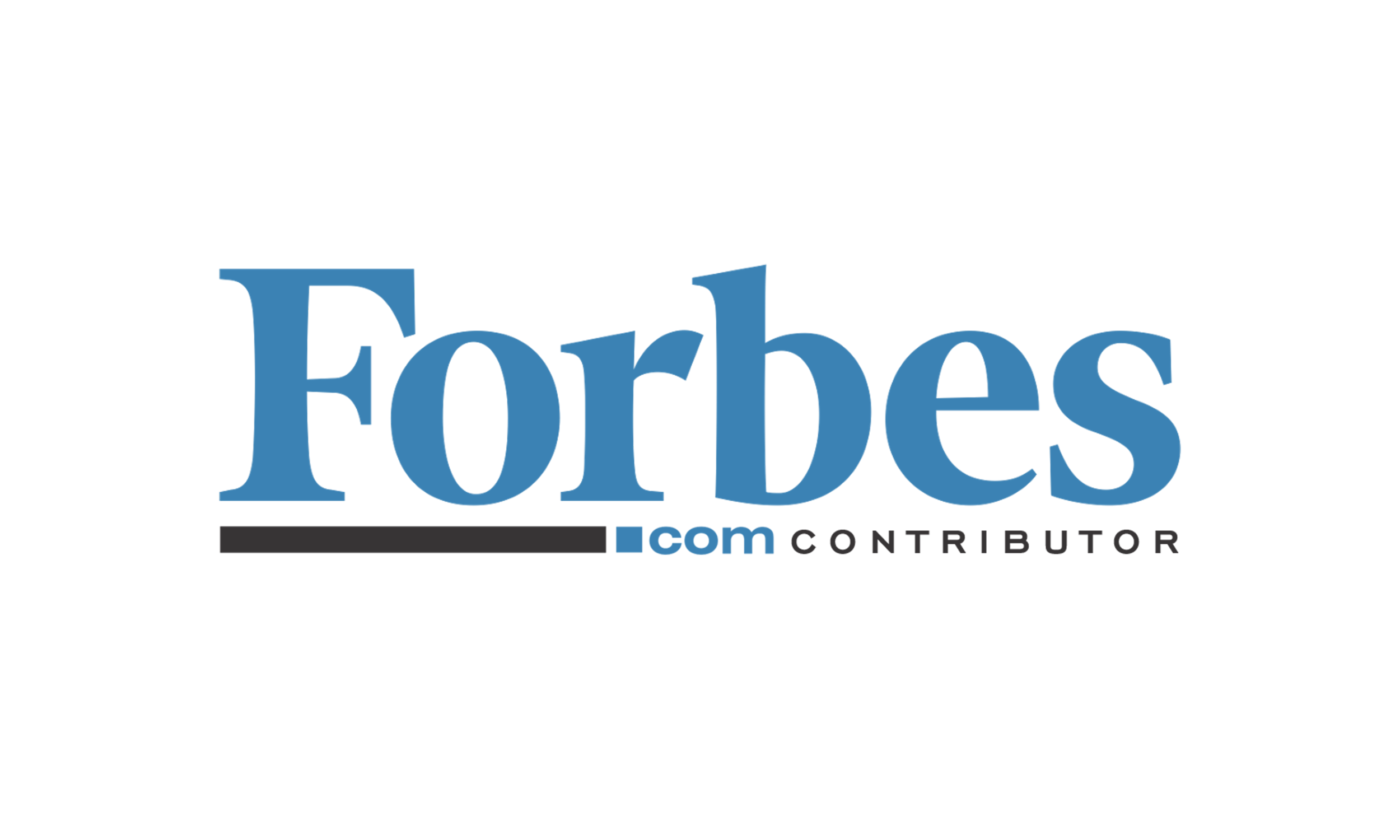
Want To Get Back Into The Workforce? Try ‘Returnships’
When Allison Robinson set out to create viable, fulfilling career opportunities for women and moms through her tech start up The Mom Project, the leading career destination for moms, she was surprised and motivated by the overwhelming positive responses from both the talent base but also companies looking to expand their talent pool search.
Now, her mission has expanded: creating effective tools to support the transition back into corporate life. Her method: Returnships.
This full-time, compensated program supports the professional development and re-engagement of women and men who stepped out of the workforce for family or personal reasons and are now ready to return to work.
I recently had the opportunity to interview Ms. Robinson. Here are the highlights of that interview:
Jill Griffin: Where did you grow up? Describe your early childhood and its significance on your life.
Allison Robinson: I grew up in a small suburb in Kentucky, right outside of Cincinnati. My dad worked a third-shift job while also running a small real estate business to provide for our family. My mom was a wonderful homemaker and also helped my dad in our family business.
My upbringing instilled in me the importance of working hard, being curious and being grateful for our blessings.
Griffin: When did you first get the whisper you belonged in business?
Robinson: I got bit by the bug really early. When I was around 8-years-old, I faxed in an order to our local print shop to get my first batch of business cards ordered. For my 9th birthday, I asked for a Rolodex.
By the time I was 13, I was working in the family business, cold-calling and generating sales leads. I got my real estate license at 18, which was the youngest you could legally be.
Griffin: Was there an early teacher that inspired you? Who and how?
Robinson: My late grandpa has been a constant source of inspiration for me. He was a WWII veteran and car mechanic who had his leg blown up by a grenade in Italy. Never once did I ever hear him complain.
We would work in his garden or at his workbench and I treasure those memories very much.
Griffin: What’s a great piece of business or life advice you have received, who gave it to you, and how has it enhanced your life?
Robinson: My dad would say, “Life is a series of problem-solving.”
If you can re-frame life’s challenges as opportunities, suddenly everything changes and our problems suddenly don’t feel so insurmountable.
Griffin: What is The Mom Project and how did you come up with the idea?
Robinson: The Mom Project is the career destination for moms. Through our digital marketplace, we connect a community of over 100k women with rewarding opportunities at top companies like Etsy and AT&T. Our vision is to design a future where women never feel like they must choose between their families or their career.
My inspiration came while I was on maternity leave with my first child, Asher. I read a statistic that said that 43% of highly skilled women in America leave the workforce after having children (Harvard Business Review). There is enormous depth to that talent pool that’s being overlooked and isn’t being fully supported if and when those caregivers choose to return to the workforce. I wanted to create a real solution to helping women balance career and family on their terms.
Griffin: Tell me about creating returnships from corporations. What was your motivation? What have been some learnings thus far?
Robinson: We support women at all stages of their careers and families, but one of our major focuses has always been on women who have taken a career break because we know that transition back to the workforce can be especially difficult.
With returnships, we want to help companies see the value of investing in someone who might have a gap in their otherwise very impressive resume. And we want to help these women succeed, gain back their professional confidence and learn new skills that will help them in whatever career moves they make next.
We’ve learned that consistent support from other women is incredibly important to long-term success. In addition to the advisers and mentors these returnees might have within the particular company they join as part of this program, The Mom Project sets up a specific return-to-work cohort so they can connect with each other on an ongoing basis.
We’ve also learned that these programs elevate team culture in so many ways. Returnees bring a lot of passion and enthusiasm, which is contagious. Existing employees also love to know that their company is participating in this program to promote diversity and inclusion, so that impacts overall job satisfaction as well.
Griffin: Tell me about the creation of the BP Returnship Program. What was your process in creating the program and finding the candidates?
Robinson: The BP Returnship Program is designed to support women (and men) re-entering the workforce after a period of time away for care giving. We partnered with BP to design the program as a mid-career internship (dubbed “returnship”), and then found the right candidates from our talent community of over 100K members.
The pilot program concept was created in 2017 by two BP employees, Brian Zellner, HR Manager, and Christine Taktajian, senior resourcing advisor. The concept of a returnship program presents solutions to two challenges: it opens the doors for BP to attract diverse and often hard to find, mid-level candidates for short-term, project-based work with the chance for permanent retainment; and provides candidates the opportunity to explore a new work environment and substantial time to consider whether returning to work full-time is a viable option. BP engaged The Mom Project to help them create the structure and find the candidates for this unique program.
After the success of the pilot program, The Mom Project and BP are bringing The BP Returnship Program back, expanding both its reach and program offerings.
Griffin: How did the BP Returnship Program motivate The Mom Project to further provide tools for working women on a national level?
Robinson: The BP Returnship Program provided key insights that ultimately led us to create the Women’s Work Initiative. Knowing it’s a social imperative and a business imperative to create an inclusive and diverse workplace, we want to help companies actually commit to the cause and take action.
Based on data from the BP Returnship Program and the Atlanta Women’s Work Initiative (the pilot event for this larger, national Women’s Work Initiative), we are finalizing a report that digs into some of the insights we learned that will further support our endeavors.
Griffin: Please give me the top three bullet points in your Personal Leadership Credo.
Robinson:
- Hire people smarter than you. Give them motivating goals and then try to stay out of their way.
- Treat people with respect.
- Build a culture of curiosity and learning.
Griffin: Describe a painful/difficult setback while creating your business and what it taught you.
Robinson: Early on, we had a major company pull out of a deal at the 11th hour. It would have been very significant for us at the time and we made the mistake of committed resources to the account before it was final. That was a good reminder for me to put the champagne on ice!
Griffin: What advice do you have for young, talented, ambitious women who want to rise?
Robinson: Stay focused on your customer, whether you’re inside a big company or working to build one of your own. Develop an understanding of your customer’s needs, discover how you can solve their problems and make yourself indispensable in the process.
Recognize where you excel and where you don’t. Are you an extrovert that relishes publicly sharing your accomplishments? Great. If you’re not and you like to let your work speak for itself, it’ll be important for you to find champions to share your successes. We’re all wired differently, but often we are too hard on ourselves and have this unrealistic expectation that we should be able to know and do everything. Admitting you don’t know and asking for help takes courage.



